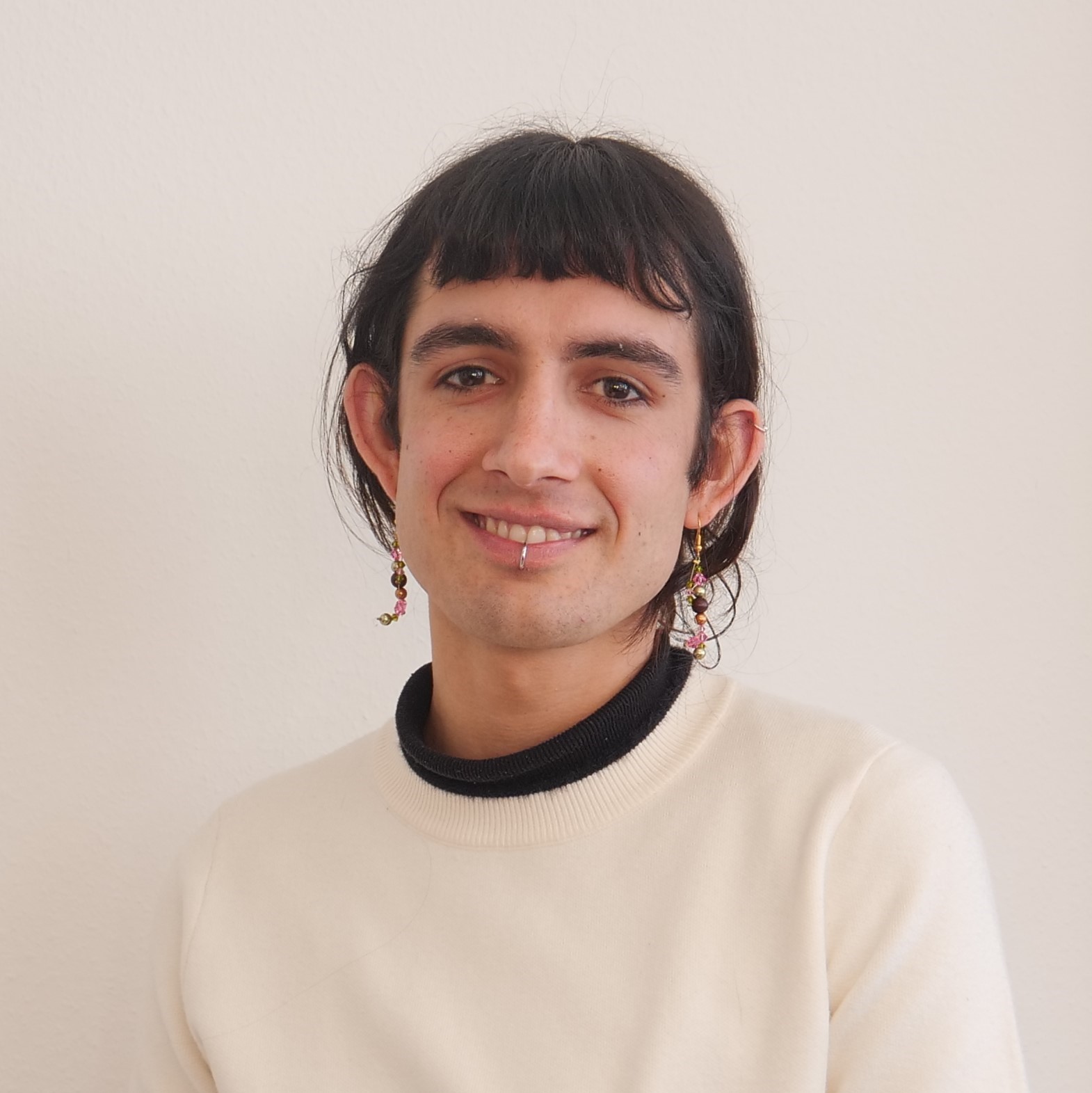During a rainy week at the University of Oxford in early March, I joined 29 other doctoral students from across Europe for the first module of the Europaeum Scholars Programme. Taken alongside PhD studies, in 8 modules over an 18 month period, this is a policy and leadership programme for the ‘most talented, energetic and committed doctoral candidates from within the Europaeum network – the people who will make a difference to Europe’. During the next 18 months, we’ll take part in workshops, seminars and discussions on issues pertaining to policymaking and leadership, before coming up with our own policy proposal to ‘make Europe a better place’ in small, multidisciplinary groups.
Each module has a different theme, and this first one was on societal problems and ethics. Over the course of an action-packed 4 days we heard from experts on everything from ethics in AI to the impact of Brexit to embodied leadership. For me though, the highlight was hearing from the heads of three charities – Aspire Oxford, Refugee Resource and Abianda – about the vital work they are doing to support homeless people, refugees and gang-affected women respectively, in the face of a crumbling welfare state in the UK. As is often the case with these sorts of issues, its easy to get caught up in the important, but nevertheless more abstract, high-level political processes. Hearing from these inspiring individuals who are carrying out direct and impactful work at a grassroots level was a reminder that these processes have concrete, often adverse, effects on some of society’s most marginalised people.
Beyond the programme content itself, it was an absolute pleasure to spend the week with such a lovely group of people. It’s no secret that doing a PhD is lonely, so to spend time with others going through the same thing was just what I needed. The fact that people come from a wide range of disciplines in the humanities and social sciences made discussions multifaceted and intellectually stimulating. I won’t pretend that everyone in the group agreed on everything, in fact we often didn’t, but it was good for me to have my views challenged and to have to defend them in a way that I don’t in my usual echo chamber.
We ate all our meals together with the teaching fellows, the highlight of which was the dinner on the last evening in the beautiful dining hall of Balliol College. I had some great company at my table and the food – especially the banging deconstructed pavlova for dessert – was delicious. I’m already looking forward to the second module – on EU institutions and policymaking – in Brussels in June.


